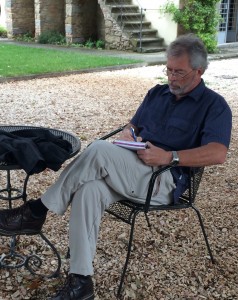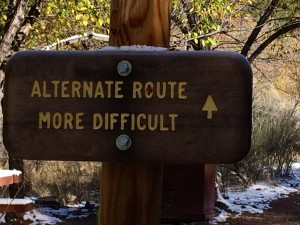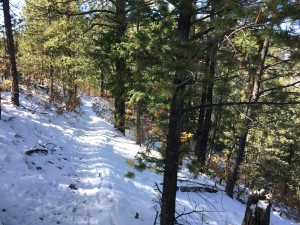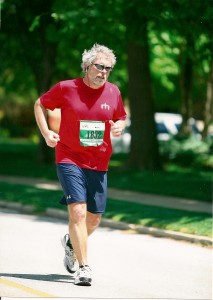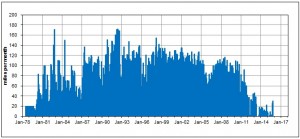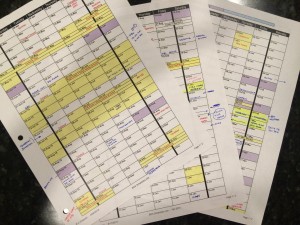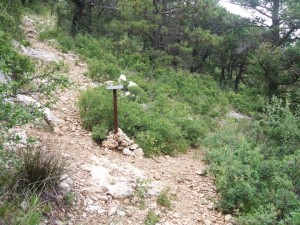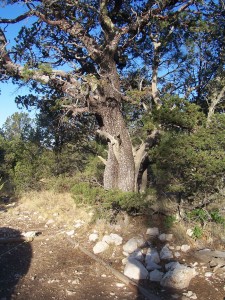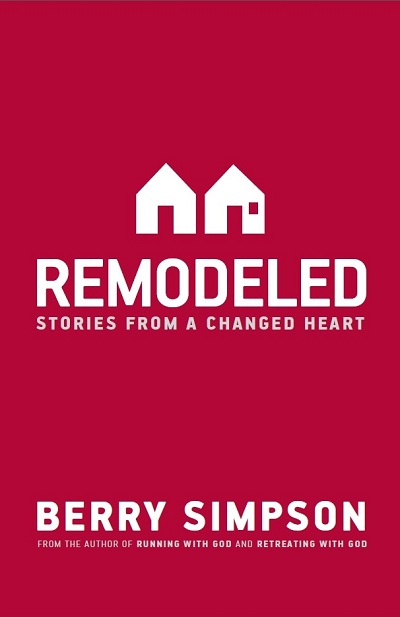Last Sunday night we watered those deep roots again, attending a concert in Dallas, “Christmas with Amy Grant and Michael W. Smith.” It was our second time for this annual concert – the last was in the late 1990’s when both our kids were in high school.
I don’t remember details of that previous concert so I can’t compare, but what I liked most about this concert was, well, I told Cyndi: This is a very grown-up concert. They aren’t trying to win us over. They’re just singing about what is important to them.
Amy Grant acknowledged the thousands of long-time fans who’ve traveled with her through life’s joys and disasters when she said: We are all here because we’ve logged miles together through music. She sang:
All of us, travelers, through a given time.
Who can know what tomorrow holds
But over the horizon surely you and I will find
Emmanuel, God with us
 During the concert I scribbled on a 3×5 card from my pocket: “We have long threads running through our lives, and when you pull on one of the threads, stories fall out. The best stories – our favorite stories – the stores that paint our values and connections and hopes.
During the concert I scribbled on a 3×5 card from my pocket: “We have long threads running through our lives, and when you pull on one of the threads, stories fall out. The best stories – our favorite stories – the stores that paint our values and connections and hopes.
For example: I’ve been hot for the same woman since 1974, in love with her since 1977, and happily married to her since 1979. We were high school friends for three years, but finally discovered each other at a concert in Denton, Texas (the One O’clock Lab Band with guest Bill Watrous). Music has been one of the most trustworthy roots in our lives together ever since. It’s one of the things that binds us together.
Nothing tells the joy of our lives, and the weight of our hearts, like the music that holds us together. Almost every morning, as we get ready for our day, Cyndi and I end up discussing songs and lyrics. It is more than a shared ritual; it’s one of the ways we know each other best. Many of our happiest memories and meaningful conversations were born from sharing music with each other.
I’ve always loved the strength that comes from longevity. It’s the reason I save all our family calendars in a file folder, and keep my running/cycling logs in a binder, and write notes in my Daily Bible, and play the same trombone since 1970. I want those long threads and deep roots that produce a weighty life.
My point is I am blessed to have deep roots in significant things. Even more, I have the privilege to share those same roots with Cyndi. Knowing we have these long, consistent strings brings peace to my life; more than that gives me courage and strength. The fruit of those roots is the obligation to give myself away to my own kids and grandkids, for the sake of their kids and grandkids.
“I run in the path of Your commands, for You have set my heart free.” Psalm 119:32
I need your help. The primary reason people read these articles is because people like you share with friends, so please do. And thank you. Also, you can find more of my writing on my weekly blog, read insights on Tumblr, and follow me on Twitter and Facebook.








